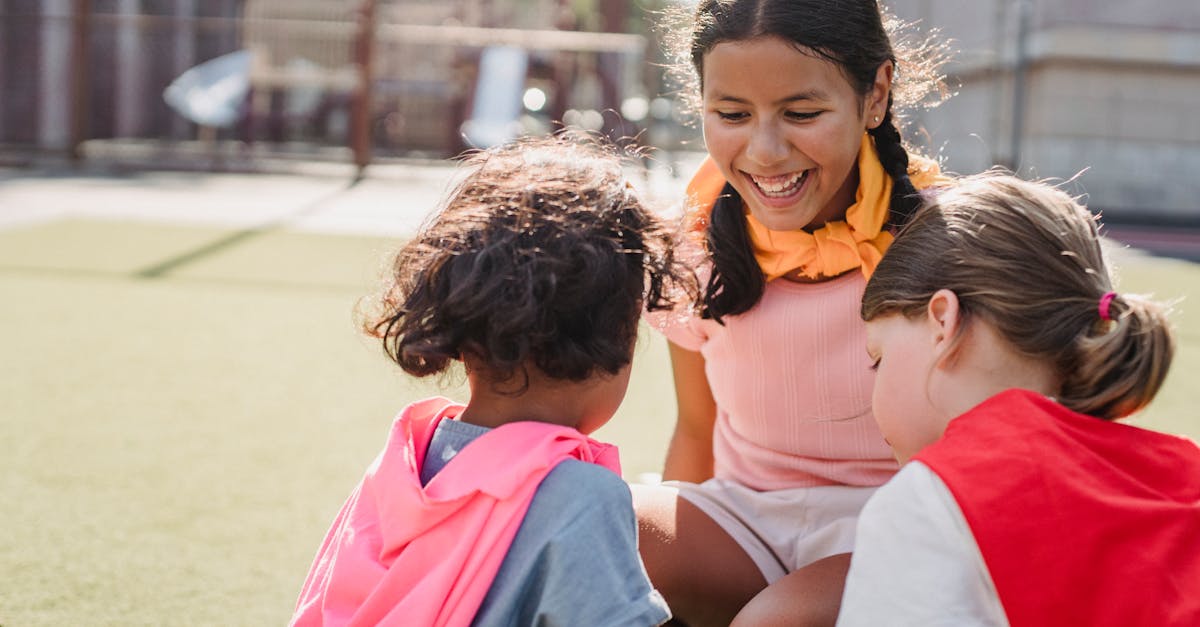Understanding AI in Preschool Education
Artificial Intelligence is shaping preschool education like never before. But how do we navigate the ethical implications? AI can personalize learning and make it fun. However, privacy and excess screen time are key concerns for parents. It’s all about striking the right balance. Understanding what AI offers and its potential drawbacks helps parents make informed decisions for their children.

Emotional Challenges for Kids and Parents
Introducing AI in preschool can bring about various emotional challenges for both kids and parents. Children may find themselves overwhelmed by the new technology or develop a dependency on screens. On the other hand, parents may be concerned about their child’s data privacy and the impact on their social development.
It is crucial for parents to have open conversations with their little ones about how they feel regarding these changes. By discussing these emotions, both parents and children can navigate through these emotional challenges together.
Remember, you’re not alone in this digital parenting journey!
Practical Advice for Parents
Embrace AI, but do so wisely! Choose platforms with strong privacy policies. Opt for apps that promote interactive, rather than passive, learning. Mix AI learning tools with traditional methods. Observe your child’s responses to new AI tools and adjust accordingly. It’s okay to set tech boundaries and stick to them.

Balancing Tech and Playtime
Tech is amazing, but it should never replace good old-fashioned playtime. Encourage outdoor activities and imaginary play to balance screen time. In doing so, you’ll nurture creativity and physical health. Don’t forget: toys that don’t talk back help your little ones develop language and social skills too!

Encouraging Healthy Screen Time
There’s such a thing as too much screen time, even with the best learning apps. Set clear rules about when and how long your child can use tech. Utilize built-in screen time management tools on devices. Remember to lead by example—your own screen habits can influence your kid’s behavior.

Fostering Social-Emotional Learning
Lastly, focus on social-emotional learning. Human interaction is vital for young children. Ensure that AI doesn’t replace the warmth and presence of a caring adult. Encourage group activities where children can practice empathy, share, and communicate with others face-to-face.

